Hellbound Staff Interrogations #19: Jonathan Smith
Staff interview number nineteen is with Hamilton resident Jonathan Smith
Staff interview number nineteen is with Hamilton resident Jonathan Smith
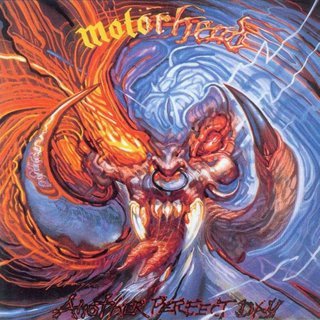
Literally, a “dark horse” is an unexpected or unknown victor, a competitor that defies the odds, mocks the prognosticators, and pulls off a win that nobody saw coming. While its short game may have fizzled and its medium game may have been relegated to disowned curiosity, Another Perfect Day’s long game has proven durable and significant to an extent that nobody could have anticipated.
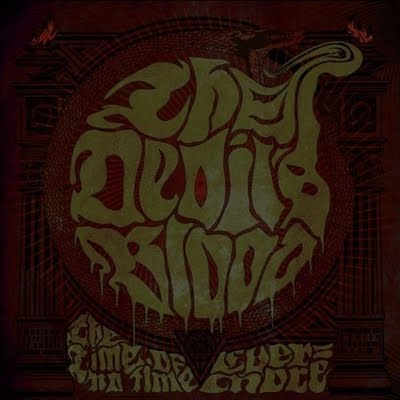
What makes The Devil’s Blood successful is its masterful gift for restraint. The band knows how to hold back, painting a partial musical portrait consisting solely of shadows and allowing the listener to infer the details using that most horrifying of artists: the imagination.
Tate Bengston gives us a great review of the latest output from traditional metallers, The Devil’s Blood.
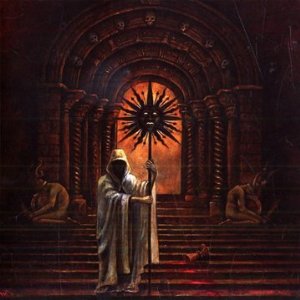
“Black metal, if it is to be effective, must be capable of forming an expression that provokes in both music and ideology. In fact, it is a mistake to speak as if the former is discrete from the latter; the expression itself, if it is effective, must make the music ideological and the ideology musical.
Nightbringer, with its esoteric lyrics detailing the present-day shadows cast by ancient and forgotten gods, does precisely this.”
Album review by Tate Bengston

We asked all of the contributing writers here at Hellbound.ca to submit their Top 10 albums of 2010, which we then compiled into a master list, assigning points to all their choices (10 points for #1, down to 1 point for #10). After tabulating the results, we have created Hellbound.ca’s Top 20 Albums of 2010. For part two of our continuing series, here is albums #15 through 11…
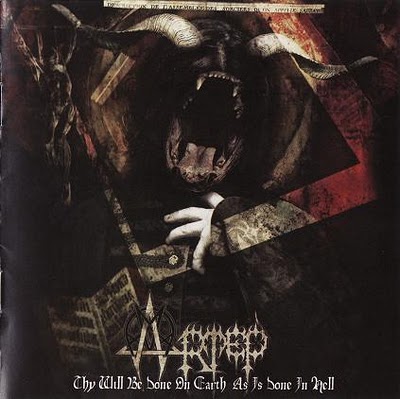
Artep has chosen to focus on a primitive form of symphonic black metal comparable to the first two Dimmu Borgir albums, which it blends with Dark Funeral-styled blasting. The band’s music is every bit as derivative and dull as such a combination might indicate. The only thing that separates Artep from many of its peers is that it commits more than its fair share of missteps as it travels this well-trodden path.
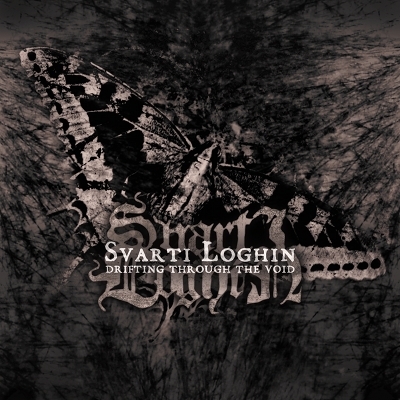
Svarti Loghin revels in fusion of the most banal kind. It does not have a musical vision. It simply blends the visions of others into something that it tries to pass off as art. What it forgets is that hybridization requires a vision if it is to fuse disparate elements into a cohesive artistic statement. The boldness of Svarti Loghin’s borrowing is a sham, for it is not so much a paper tiger as a collage tiger.
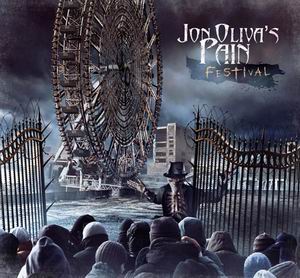
Festival is not far removed from Savatage’s (likely) final album, Poets & Madmen. Inclined to a middling pace, the focus is on weighty, bludgeoning riffs wrapped in grandiosity and drama.
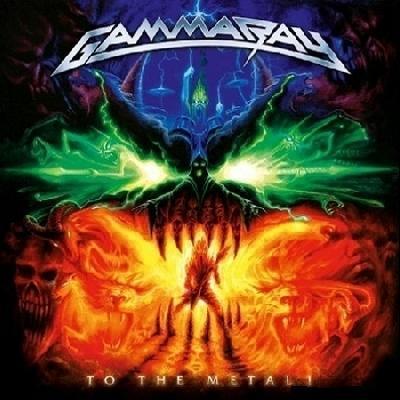
As this is essentially a workmanlike album from a workhorse band, it is hard to conjure much excitement for To The Metal. It commits few misdeeds. It offers even fewer triumphs.